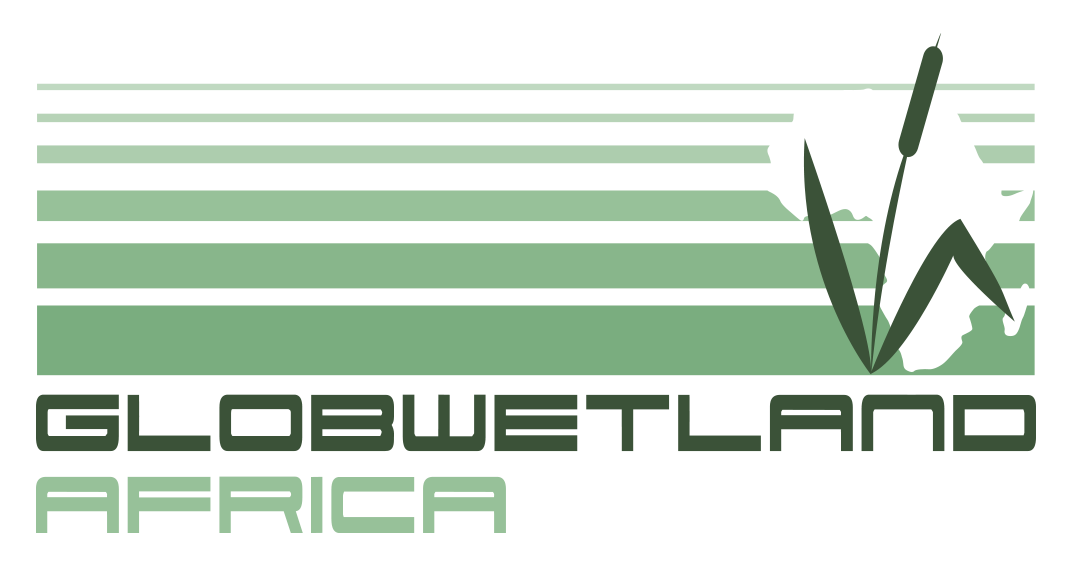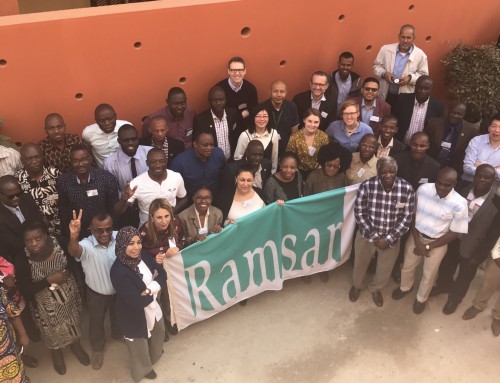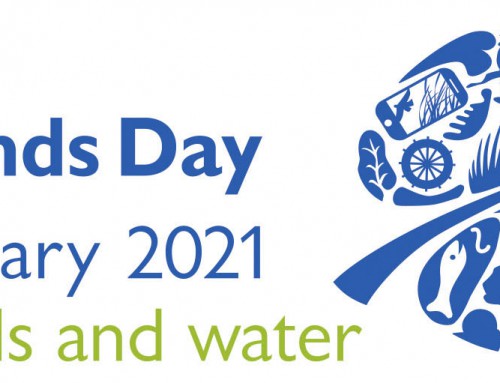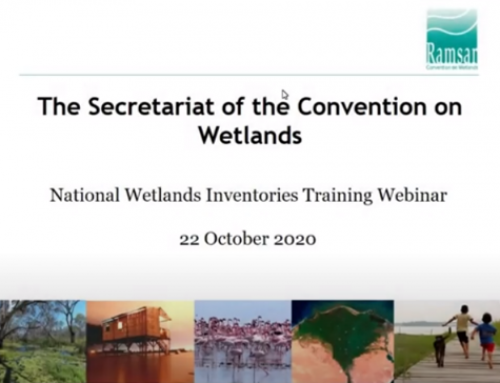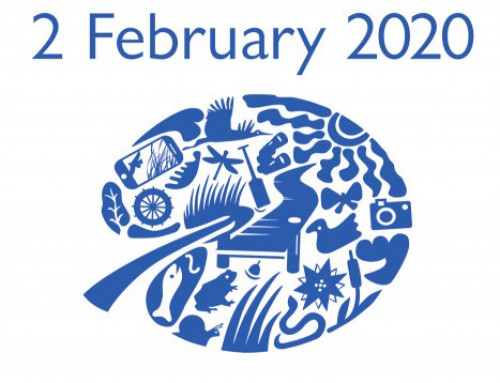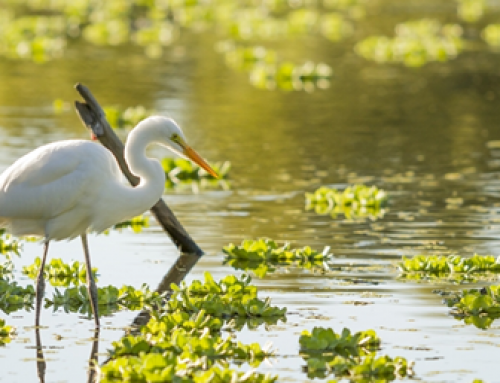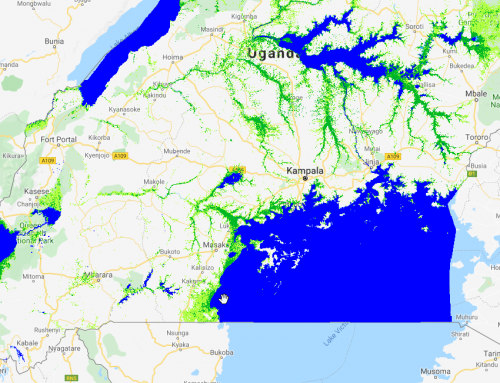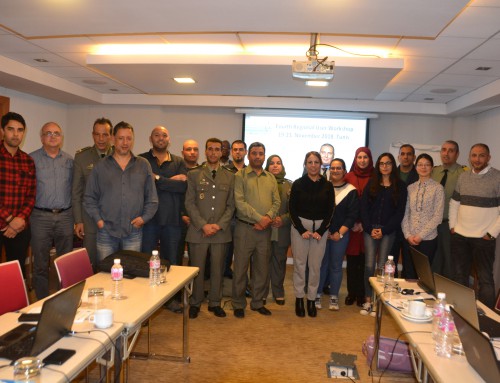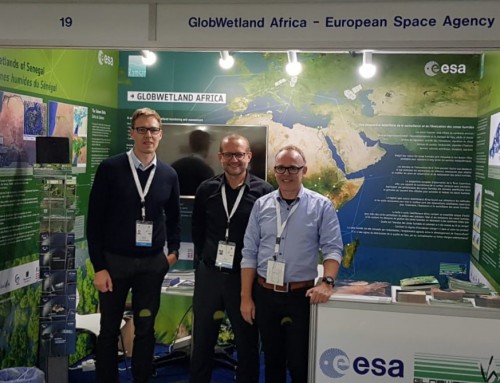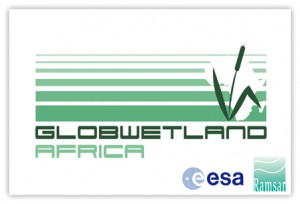 A consortium led by DHI GRAS (Denmark) and including GeoVille GmbH (Austria), ITC (Netherlands) and Brockman Consult (Germany) as well as the technical universities in Copenhagen (Denmark) and Vienna (Austria) has been selected by the European Space Agency (ESA) to carry out the 1.5 mio Euro GlobWetland Africa Project.
A consortium led by DHI GRAS (Denmark) and including GeoVille GmbH (Austria), ITC (Netherlands) and Brockman Consult (Germany) as well as the technical universities in Copenhagen (Denmark) and Vienna (Austria) has been selected by the European Space Agency (ESA) to carry out the 1.5 mio Euro GlobWetland Africa Project.
African wetlands are among the most productive and biologically diverse ecosystems in the world however they are under an immense pressure from human activities, the most important being drainage for agriculture and settlement, excessive exploitation by local communities and improperly planned development activities. The future of African wetlands depends on a strong political will to protect them, based on sound wetland policies and encouragement for community participation in their management.
The European Space Agency and the Ramsar Convention Secretariat have jointly launched GlobWetland Africa as a major initiative to provide key actors involved in the implementation of the Ramsar Convention on Wetlands in Africa (i.e. the African Contracting Parties to the Ramsar Convention, the Ramsar regional initiatives in Africa, the African river basin authorities, and the international/regional conservation agencies active in Africa), with Earth Observation methods and tools to assess the conditions of wetlands in their areas of jurisdiction/study, and to better monitor their trends over time.
GlobWetland Africa will help African authorities to make the best use of satellite-based information on wetland extent and condition for better measuring the ecological state of wetlands and hence their capacity to support biodiversity and provide ecosystem services. To this end, an open source and free-of-charge software toolbox will be developed for the end-to-end processing of a large portfolio of EO products (including wetland inventory, wetland habitat mapping, inundation regimes, water quality, mangroves mapping and river basin hydrology) and the subsequent derivation of spatial and temporal indicators on wetland status and trends, from local to basin scales. The proof-of-concept and proof-of-value of the GW-A Toolbox will be provided through a set of use case demonstrations executed over +70 pilot areas spread across the African continent. In addition, the project will also organize regional training courses for the partner organizations and ensure technical assistance during a period long enough to allow for an appropriation of the provided methods, tools and products.
As an ultimate objective GlobWetland Africa will aim to enhance the capacity of the African stakeholders to develop their own national and regional wetland observatories, and thereby also acting as a key contributor towards the development of a Global Wetlands Observing System (GWOS).
